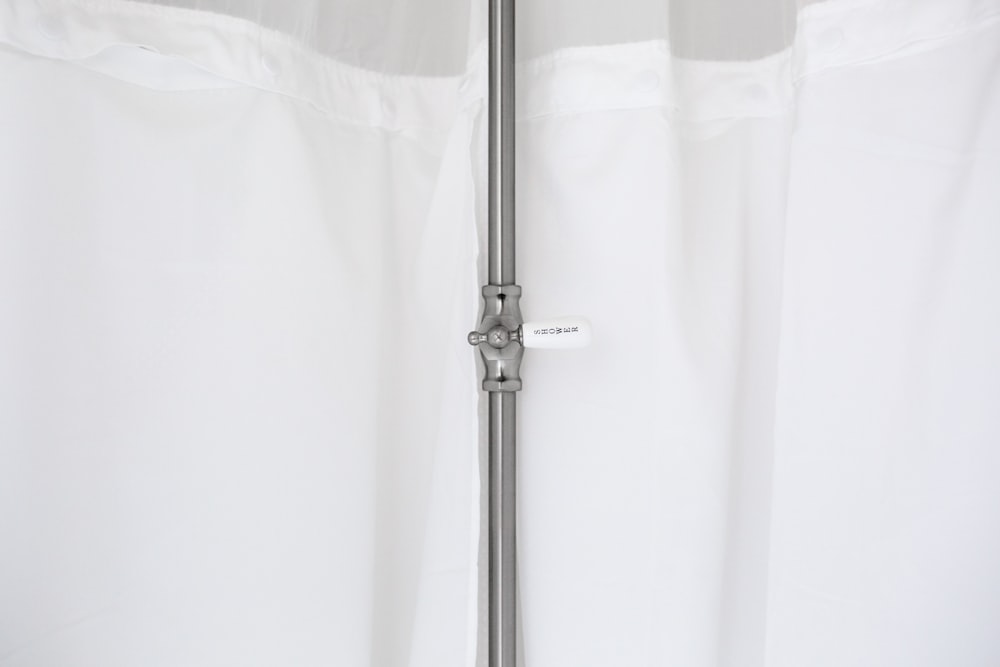Plumbing 101: Essential Tips for Homeowners
Introduction:
Plumbing is an essential aspect of every home, ensuring proper water supply and drainage. Whether you’re a new homeowner or looking to improve your plumbing knowledge, this guide will provide you with essential tips and techniques to navigate common plumbing issues effectively.
Understanding Your Home’s Plumbing System:
The first step in mastering plumbing basics is understanding your home’s plumbing system. This includes knowing the location of main water shut-off valves, water meters, and drain cleanouts. Familiarizing yourself with these key components can help you troubleshoot problems more efficiently.
Essential Plumbing Tools Every Homeowner Needs:
Having the right tools is crucial for any plumbing task. Basic tools like pliers, wrenches, pipe cutters, and a plumber’s snake can help you tackle common plumbing repairs and maintenance tasks. Investing in quality tools will save you time and frustration in the long run.
Common Plumbing Problems and Solutions:
Leaky faucets, clogged drains, and running toilets are among the most common plumbing problems homeowners face. Learning how to identify and address these issues can prevent water waste and potential water damage to your home. Quick fixes like replacing washers or using a plunger can often resolve these issues.
DIY Plumbing Projects Made Simple:
While some plumbing tasks require professional help, many can be tackled as DIY projects. Simple tasks like replacing showerheads, installing faucets, or fixing minor leaks can save you money on plumbing services. However, always know your limits and call a professional for complex issues.
Troubleshooting Plumbing Emergencies:
In case of a plumbing emergency like a burst pipe or sewer backup, knowing what to do can prevent further damage. Shutting off the main water supply and contacting a licensed plumber immediately are crucial steps. Having a plumber’s contact information handy can save you valuable time in emergencies.
Preventing Common Plumbing Issues:
Prevention is key to maintaining a healthy plumbing system. Regularly inspecting pipes for leaks, avoiding flushing non-biodegradable items down toilets, and scheduling routine maintenance can help prevent costly repairs down the road. Being proactive about maintenance can also extend the lifespan of your plumbing system.
Safety Precautions for DIY Plumbing:
When tackling DIY plumbing projects, safety should always be a priority. Wear protective gear like gloves and goggles, turn off electricity near water sources, and use caution when working with tools. If you’re unsure about a task, it’s best to consult a professional to avoid accidents.
Advanced Plumbing Techniques and Tips:
For those looking to delve deeper into plumbing, learning advanced techniques like soldering pipes, installing water heaters, or dealing with sewer line issues can be valuable. However, these tasks often require specialized knowledge and tools, so consider consulting a professional for guidance.
Conclusion:
Mastering plumbing basics is an ongoing process that requires patience, knowledge, and a willingness to learn. By understanding your home’s plumbing system, investing in quality tools, learning common troubleshooting techniques, and prioritizing safety, you can become a more confident and capable homeowner when it comes to plumbing maintenance and repairs. Read more about 101 plumbing




